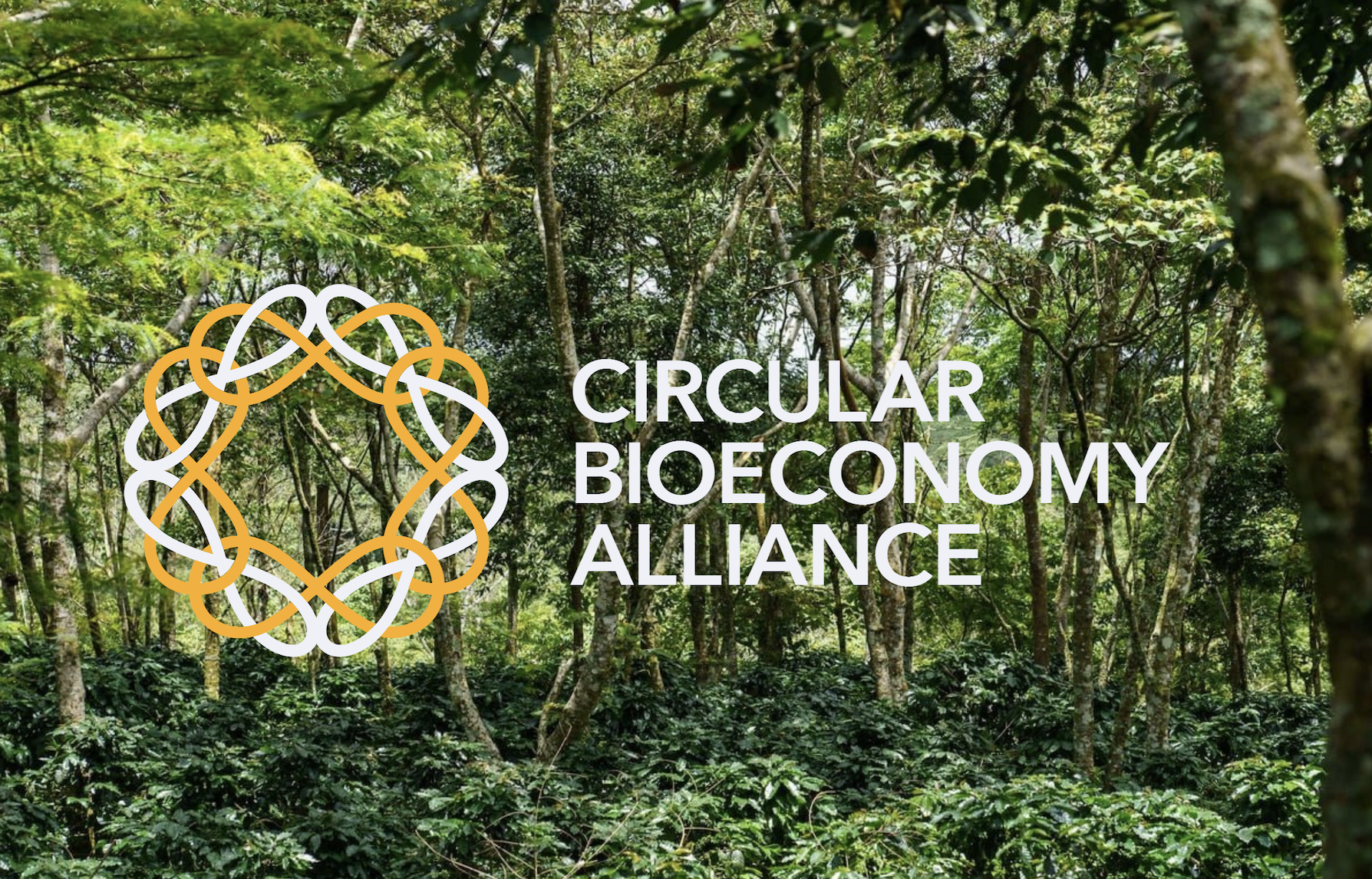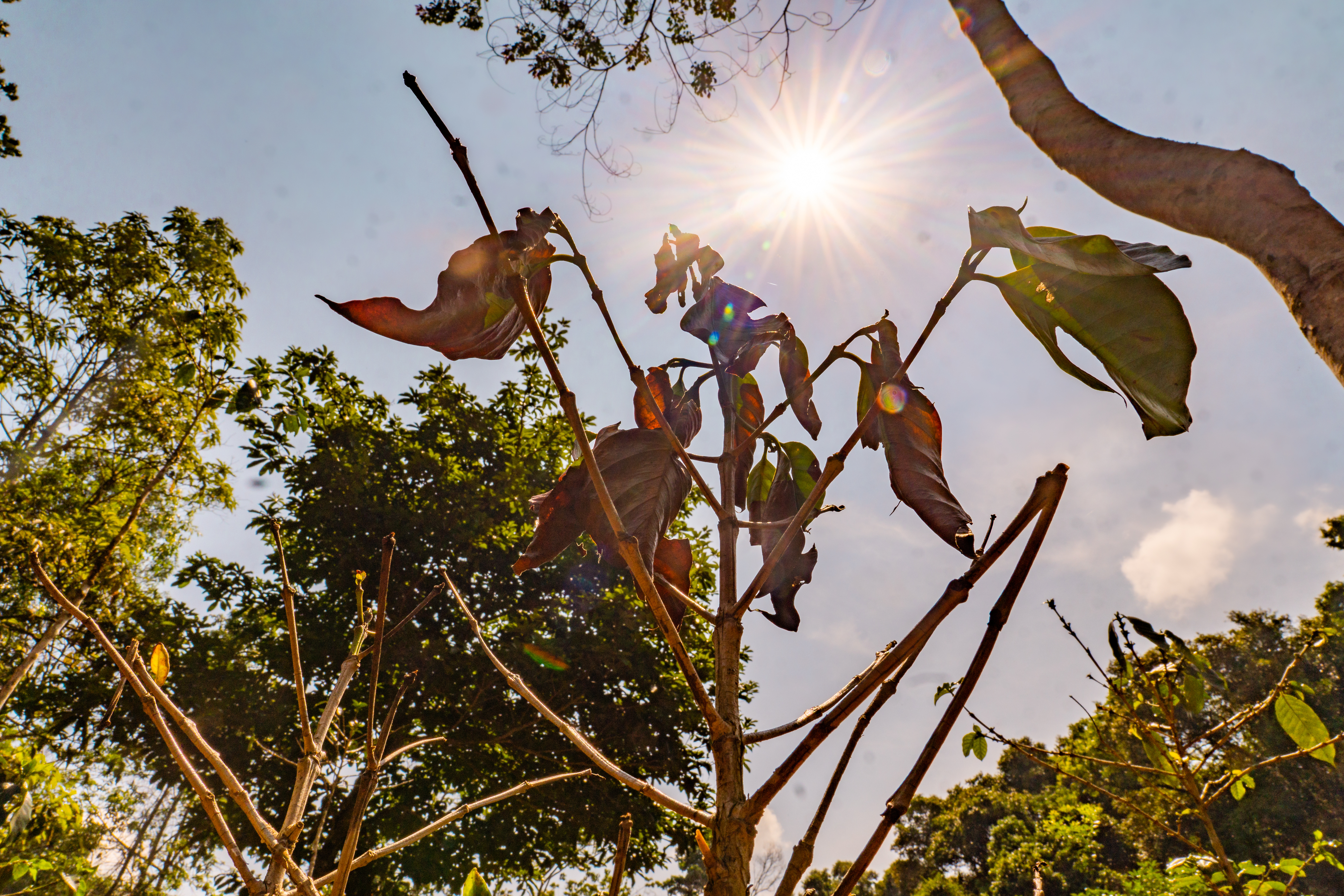Slow acquires African Coffee Roasters – A New Era for Sustainable Coffee
Big news from Slow. African Coffee Roasters is now part of the Slow family. And this isn’t just an acquisition—it’s a major step forward in how...

© FAO
Bees and butterflies are essential to coffee farming, as they help with the pollination process needed for fruit formation.
By visiting coffee flowers to collect nectar, they transfer pollen from one flower to another, enabling the plants to produce fruit. While some coffee varieties, such as Arabica, can self-pollinate, pollinators are crucial for maximising yields and improving the quality of coffee beans.
The UN Food and Agriculture Organisation (FAO) reports that about 75% of global food crops depend on pollinators to some degree, including coffee.
However, climate change and intensive farming practices like deforestation and pesticide use are shrinking habitats and threatening pollinator populations. This decline could lead to reduced coffee yields, underscoring the importance of balancing sustainable farming with pollinators protection to ensure food security and ecosystem health.

Beyond coffee, bees are essential for the pollination of numerous plants, ensuring the health of ecosystems and biodiversity. © Slow/Saosavanth Ketmala
At Slow, we're working to transform both our coffee farms and those of our partner smallholder farmers into thriving ecosystems by planting a variety of native trees and plants. This diversity helps keep pollinators interested in visiting. Growing coffee under tree canopies also shields the plants from excessive heat and creates a more suitable environment for heat-sensitive pollinators, such as bees.
Our agroforestry systems, which include trees that flower at different times, provide a consistent food source for bees. This not only supports pollinators but also boosts biodiversity, benefiting a broader range of wildlife.
Butterfly sipping nectar from flower in our coffee farm in Phouluang, Laos © Slow/Saosavanth Ketmala
Bees, like butterflies, are essential for pollinating coffee plants and ensuring the production of fruit © Slow/Saosavanth Ketmala
Bees in our bee boxes in Nampod, Laos. Beekeeping can help maintain healthy pollinator populations. © Slow/Saosavanth Ketmala
Protecting pollinators not only supports coffee production but also contribute to the overall health of ecosystems and biodiversity. © Slow/Saosavanth Ketmala
Threats to pollinatorsSeveral things are putting pollinator populations in trouble, including: Habitat loss and fragmentation. Human activities such as deforestation, urbanisation and intensive agriculture are reducing the ability of essential resources for pollinators, such as flowers and nesting sites. Pollution. Pesticides, herbicides and other pollutants harm pollinators directly and weaken their ability to combat diseases. Pest and pathogens. Invasive species and diseases are decimating pollinator populations. Climate change.Shifting weather patterns and extreme weather events are disrupting pollinator life cycles and reducing food sources. Land-use change. The conversion of natural habitats into agricultural or developed land is depriving pollinators of crucial resources. |
Want to learn about Slow's approach? Contact us.

Big news from Slow. African Coffee Roasters is now part of the Slow family. And this isn’t just an acquisition—it’s a major step forward in how...

A few years ago, coffee and chocolate were just products. But at Slow, we’re changing the story. We’re not just selling beans and cocoa, we’re...

For years, coffee prices moved with supply, demand, and speculation. That equation has changed.